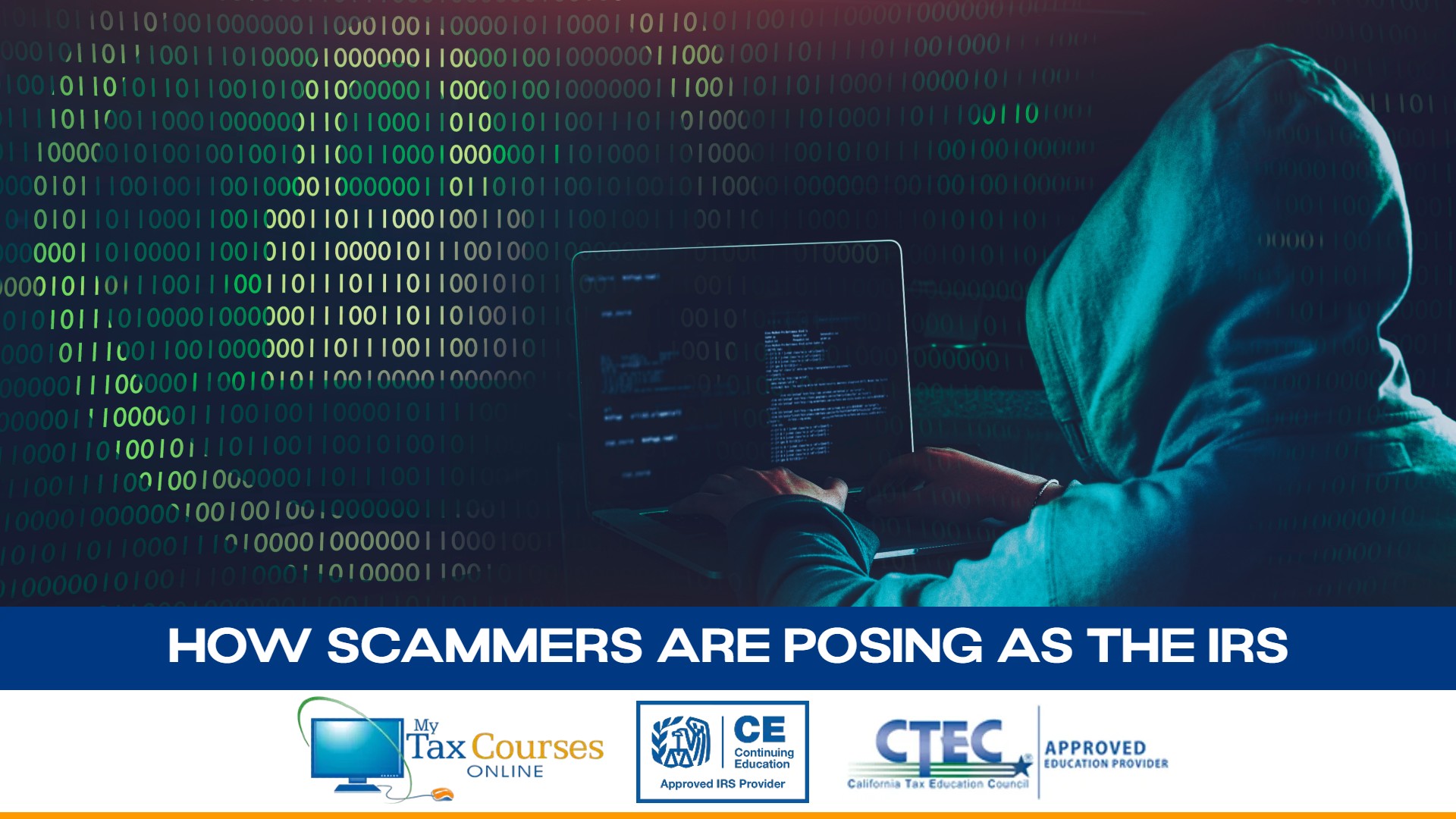Safeguarding your client's personal and financial information is essential. Identity thieves are increasingly sophisticated, employing various tactics to impersonate the IRS and deceive taxpayers into divulging sensitive data. As a tax preparer, understanding these tactics and educating your clients about genuine IRS communication protocols is crucial to preventing them from falling victim to these scams.
IRS Communication Practices
The IRS adheres to strict communication guidelines when contacting taxpayers. Primarily, they initiate contact through official letters or notices sent via postal mail. It's important to emphasize to your clients that the IRS will never initiate contact via email, text messages, or social media. Any unexpected communication claiming to be from the IRS through these channels is almost certainly a scam.
Common IRS Scams
Scammers frequently employ phishing emails, fake social media accounts, and fraudulent text messages to dupe taxpayers. For instance, they might send an email claiming to be from the IRS, promising a tax refund or stimulus payment, and asking the recipient to click on a link to provide personal information. These scams often promise tax refunds, credits, or stimulus payments, enticing recipients to click on malicious links or provide personal information. Remind your clients that the IRS will never request sensitive information through unsolicited emails, texts, or social media messages.
Scammers may also direct victims to fraudulent websites that closely mimic official IRS pages. Educate your clients on the importance of exclusively using the official IRS website, which always ends in ".gov," and be wary of slightly misspelled URLs or unusual domain names.
IRS Phone Contact
While the IRS may contact taxpayers by phone, it typically does so after sending an official notice by mail. Legitimate IRS agents might call to confirm an appointment or discuss an audit, but they will never leave pre-recorded urgent or threatening messages. Scammers often use such tactics, claiming that failure to return the call will result in an arrest warrant.
Additionally, the IRS collaborates with private collection agencies to recover certain overdue tax debts, but only after sending a written notice. The IRS and these agencies will never demand payment through prepaid cards, gift cards, or other unconventional methods. Direct your clients to the IRS payments page to verify legitimate payment options.
Verifying IRS Letters and Notices
The IRS typically establishes initial communication through an official letter or notice. If your clients receive a suspicious letter, advise them to log in to their IRS Online Account to verify its authenticity. They can also contact IRS customer service for further verification. When logging in, they should ensure that the website's URL begins with 'https ://' and that there is a padlock icon in the address bar, indicating a secure connection. Any legitimate IRS correspondence will be accessible in their online account.
In private debt collection cases, the notice will include a taxpayer authentication number matching the number on the CP40 notice sent by the IRS. For more details, refer clients to the IRS website's section on private debt collection.
Identifying IRS Scam Warning Signs
Encourage your clients to maintain vigilance by looking out for common red flags in scam communications. These include spelling or grammatical errors, slightly misspelled URLs, and urgent demands for immediate payment or action. By staying alert and questioning the legitimacy of such communications, your clients can avoid falling victim to these scams. Remind them that legitimate IRS communications will never contain such errors or make such demands.
By staying informed and educating your clients, you can play a vital role in protecting them from identity theft and IRS scams. This approach will safeguard your clients and enhance your practice's reputation as a trusted advisor in the tax preparation field.




